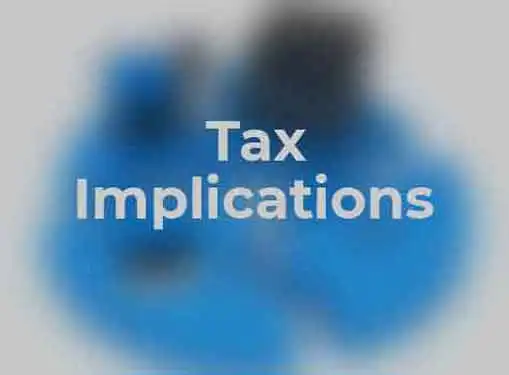Tax Tips for Entrepreneurs
Tax Implications When Selling Business Property
There are tax implications to selling or otherwise disposing of business property. Here are a few things to keep in mind when reporting your gains or losses.
Small businesses are subject to taxes above and beyond the income produced through the sale of ordinary products and services.

Payroll taxes, excise taxes, real estate taxes - the list of tax concerns that apply to most small companies goes on and on.
Your business may also be responsible for taxes associated with the sale of business property. Although many business owners don't give much thought to the tax implications of selling property until they sell the company, you could incur a tax liability related to the sale of equipment or other property long before your exit from the business. In some cases, you could even be entitled to deduct a loss on the sale of property.
The tax rules regarding the sale of business property are extremely complex - we recommend consulting a professional tax preparer before you make any firm tax decisions. Nonetheless, here are the highlights of capital gains and other consequences of business property sales.
- Disposition of property. Special tax rules can apply to any disposition of business property, not just a sale. Property that is exchanged for other property, given as payment for a debt, abandoned, received as payment, foreclosed on, or received/disposed of in a variety of other ways triggers specific tax mechanisms that need to be reported on your annual business return.
- Like-kind exchanges. Like-kind exchanges are reportable, but usually not taxable. A like-kind exchange is defined as the exchange of business or investment property for similar or "like" property. Requirements for both the exchange and nature of the property must be met to qualify as a like-kind exchange.
- Installment sales. Installment sales, or sales in which you receive part of the payment in a subsequent tax year, receive different tax treatment than a normal disposition scenario. The IRS has developed a special publication, Publication 537, to walk you through the process of handling the disposition of property through an installment sale.
- Sale of a business. A sale of a business is a complex property sale because it involves not one, but many business assets which require individual tax treatment. Most business owners should consult a professional tax advisor about the tax ramifications of a business sale, but for now just realize that there are property issues that need to be addressed when you sell your company.
- Calculating capital gains (losses). Most of the taxable gains or losses you incur in the disposition of property will be classified as a capital gain (loss). To calculate capital gain, you begin with the asset's basis (or purchase price) and make adjustments based on depreciation and other factors. For tax purposes, the difference between the asset's basis and sale price are capital gains that are subject to capital gains tax.
Share this article
Additional Resources for Entrepreneurs


Conversation Board
We greatly appreciate any advice you can provide on this topic. Please contribute your insights on this topic so others can benefit.